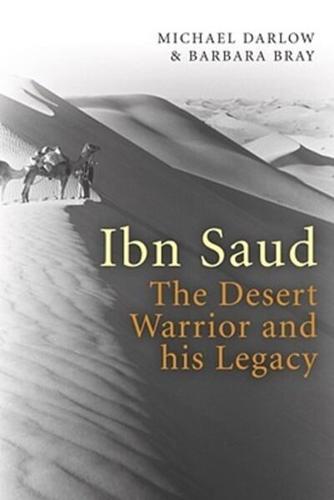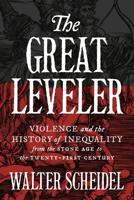Publisher's Synopsis
Ibn Saud grew to manhood first through living the harsh traditional life of the desert nomad, a life that had changed little since the days of Abraham, and then, through a careful study during his adolescence in Kuwait, of the ways of the great imperial powers such as Great Britain and the Ottoman Empire. Thus equipped, and endowed with immense physical courage, between 1902 and 1930 he fought and won, often with weapons and tactics not unlike those employed by the ancient Assyrians, a series of astonishing military victories over a succession of enemies much more powerful than himself. Over the same period, he transformed himself from a minor sheikh into a revered king and elder statesman, courted by world leaders such as Churchill and Roosevelt. A passionate lover of women, Ibn Saud took many wives, had numerous concubines and fathered almost 100 children. Yet he remained an unswerving and devout Muslim, described by one who knew him well at the time of his death in 1953, as 'probably the greatest Arab since the Prophet Muhammad'. Saudi Arabia, the country Ibn Saud created is a staunch ally of the West but ironically it is also the birthplace of Osama bin Laden and fifteen of the nineteen 9/11 hijackers. The question that looms high in the minds of the vast majority of people is whether the Kingdom, as it now stands, will survive the vicissitudes of time.









